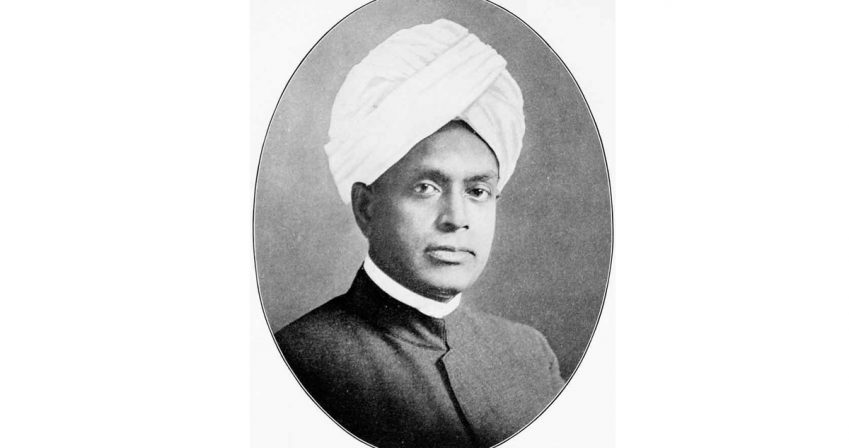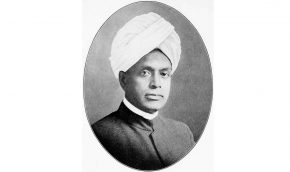Solicitor General and Tamil political leader in Sri Lanka.
Celebrating Diversity at the Bar
- Introduction
- Diversity Timeline
- Edward Akufo-Addo
- Obafemi Awolowo
- Joyce Bamford-Addo
- Solomon Brandaranaike
- Charlotte Boaitey-Kwarteng
- Joseph Ephraim Casely Hayford
- Eugenia Charles
- S Chelvan
- Thomas Morris Chester
- Learie Constantine
- Edward Cragg Haynes
- Patricia Dangor
- Coomee Rustom Dantra
- Ezlynn Deraniyagala
- Gifty Edila
- Taslim Olawale Elias
- Martin Forde
- Arthur Dion Hanna
- Ma Pwa Hmee
- Alexander Isbister
- Sibghatullah Kadri
- Seretse Kharma
- Moleleki Didwell Mokama
- Tunde Okewale
- Ashitey Ollennu
- Vallabhbhai Patel
- Lily Tie Ten Quee
- Ponnambalam Ramanathan
- Edward Richards
- Khushwant Singh
- Manjiit Singh Gill
- Teo Soon Kim
- Leslie Thomas
- Stella Thomas
- Leonard Woodley
Home › Celebrating Diversity at the Bar › Ponnambalam Ramanathan
Sir Ponnambalam Ramanathan KCMG KC
1851 – 1930
Call 1886, Inner Temple
Ramanathan was born on 16 April 1851 at the home of his maternal grandfather in Colombo, South Western Sri Lanka (formerly Ceylon). His early studies at University in Madras which he attended with his brother Coomaraswamy were not successful, and they were recalled home without completing their course. Ramanathan became a law apprentice under Richard Morgan, Queen’s Advocate of Ceylon and in 1874 he became an advocate of the Colombo Bar, and went on to became editor of the official law reports (the Supreme Court Circular and the New Law Reports) for ten years. He was called to the Bar of The Inner Temple in 1886 and at the same time stopped practising law to devote himself on religion, philosophy and politics.
He represented Tamils on the Legislative Council of Ceylon from 1879. He was elected to the legislative council in 1911 on which he served in various capacities until 1930. He was responsible for the release of the Sinhalese leaders who had been arrested following the 1915 riots. He travelled to London and had a number of personal interviews with Andrew Bonar Law, the then Secretary of State for the Colonies, along with other ministers and MPs pleading for the repeal of martial law, and describing the atrocities committed on his countrymen by the Punjabis, the local police and British troops. He wrote an account of this Riots and Martial Laws of Ceylon, 1915. Soon after these representations, martial law was repealed and Sir John Anderson (1858 – 1918) was appointed as the new Governor.
In 1892 he was appointed Solicitor-General of Ceylon and in 1903 he became one of the first Ceylonese to be appointed a KC.


Sir Ponnambalam Ramanathan KCMG KC
In 1907 Ramanathan rebuilt the Sri Ponnambala Vaneswara Temple at Sea Street in Kochchikade, founded by his father. He helped establish the Hindu Education Board in 1923 and served as its president and manager of schools. He was also president of the Thiruvalluvar Maha Sabai in Madras. Ramanathan and other leading figures founded The Ceylonese, an English-language newspaper, in 1913. He was president of the Tamil Union Cricket and Athletic Club from 1917 to 1930. Ramanathan opposed extending voting rights to the people and urged reservation of franchise only to men of the Vellalar caste.
His life was devoted to yoga and in 1902 he published a book entitled An Eastern Exposition of the Gospel of Jesus according to St John in which he applied the teachings of Christ to the practise of yoga.